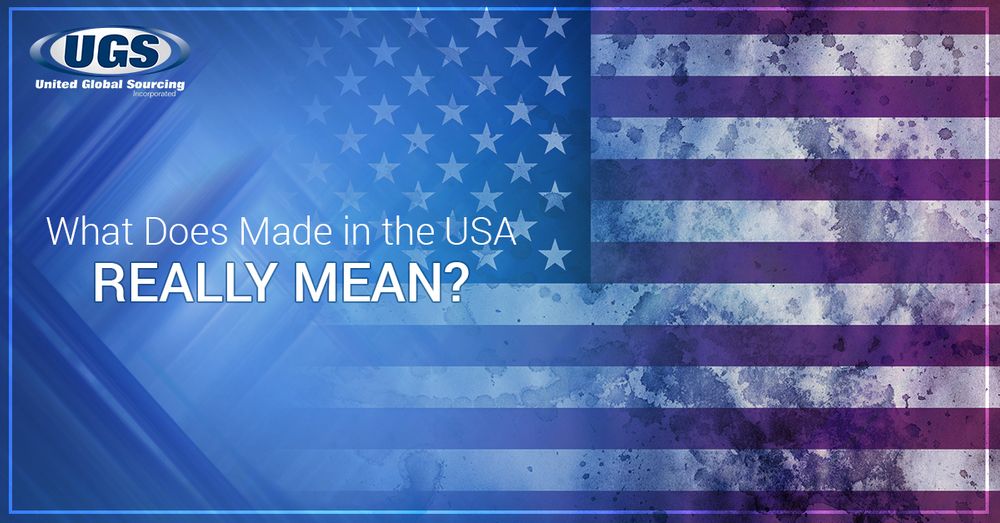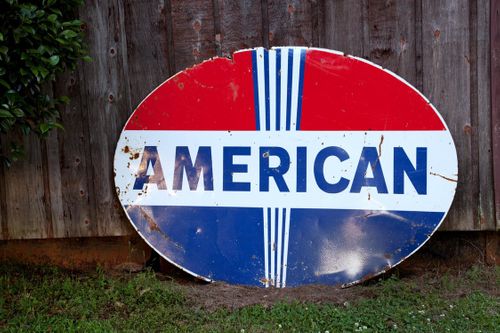President Trump has brought several issues to center stage. One of them is American manufacturing. In his pledge to "Make America Great Again", he encourages folks to Buy American and Hire American. He also hopes to further revive American manufacturing through fairer trade deals.
So, what does all this mean for us? Well, that's completely up to us as individuals. Is American patriotism important to you? Do you want to know that the manufacturing and processing of your household and personal items created an American job or two? If so, let's talk "Made in the USA". This is a prominent label displayed on countless products, from textiles, to food, to furniture, to cars.
But, does it really mean what we think it means?
What Does Made in the USA Really Mean?
Let's get straight to it. Made in the USA means the product must contain parts that are "all or virtually all" made in the US. The Federal Trade Commission (FTC) is in charge of protecting this standard. In the end, a product can't just be assembled in the US. It must also be made from parts that were created in the US.
What Does All or Virtually All Indicate?
"All or virtually all" means that all significant parts and processing must be USA-made. The FTC states that the product should contain only a negligible amount of foreign product, if none at all. Are you still wondering what that means? We did, too. The FTC posted a helpful scenario on their website.
They used the example of a company that produces propane barbecues in Nevada. The main components of a propane grill are:
- the gas valves
- the burners
- the aluminum housing
In this scenario, each of those parts were made in the US. However, the grill's knobs and tubes were imported from Mexico.
The FTC cites the knobs and tubes as a negligible portion of the product's cost of manufacturing. It also considers the parts to be insignificant when compared to the overall product. Let's look at a couple other industry standards.



